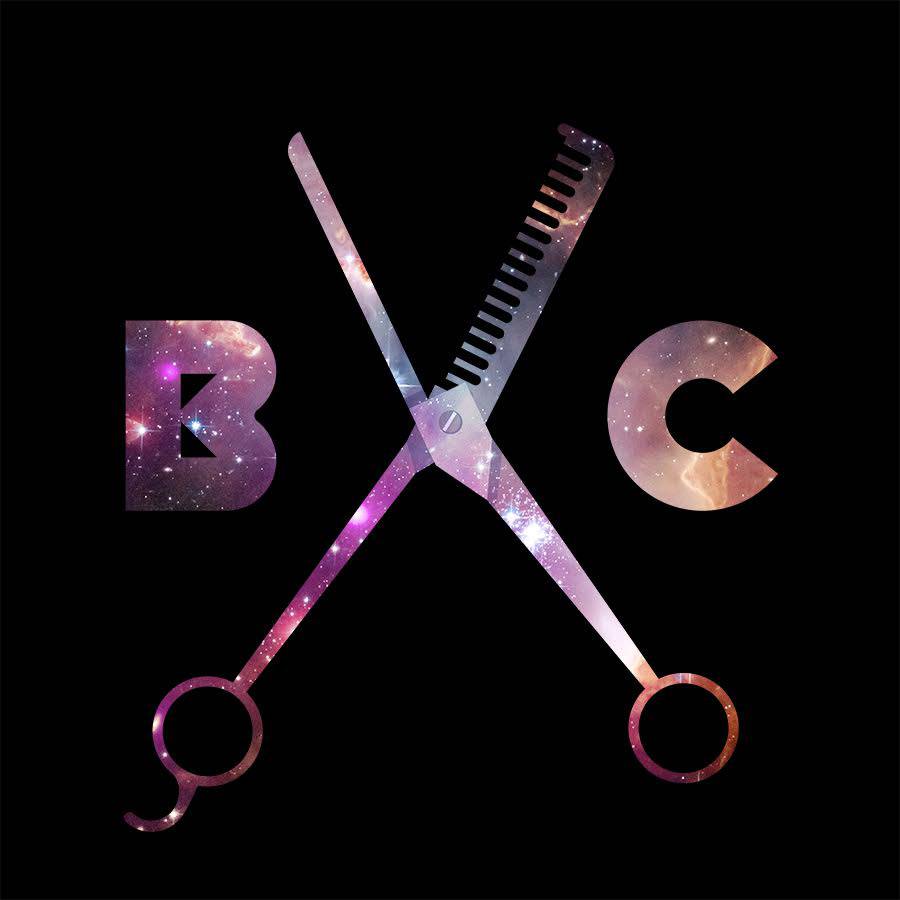When Purity Ring released their debut LP, Shrines, back in 2012, witch house had developed an underground presence out of a punchline in only a couple years. The genre boasted countercultural icons in Grimes and Crystal Castles, but Shrines was a catalyst: a veritable pop record flexing its darkwave muscles, experimental house with mainstream potential. The question of how much rhythm and melody can be imbued before the occult references and abrasive mood cease to be “edgy” was flipped — how sinister can pop sound while remaining accessible? The result was a generation of synthpop groups, including Chvrches, Phantogram, and Sylvan Esso, who adopted the slowed rhythms and dense reverb of witch house but found commercial success by dropping the menacing tone.
Boycut operates in a musical realm somewhere between Purity Ring and Chvrches, oscillating from big, upbeat, radio-ready choruses to slow, brooding breakdowns. Although Boycut’s Alien EP possesses none of the gritty drone of Shrines, it makes up the difference by dwelling on the worst parts of a toxic, or at least fleeting, relationship. Desperation, frustration, self-doubt, and longing are each expressed in turn across the EP’s five tracks. Simultaneously, the lyrical focus is heavy with physical desire, visceral and sexually charged. This physical/emotional balance proves tricky at times, confusing the characterization of deep emotional investment by layering a coolly ambivalent affectation. The commitment to narrative does provide a unified soul to Alien and, considering the earliest Boycut tracks dropped back in September, succinctly packages the EP’s long production.
The project only has two members, but each are well-known and established in the local scene. Emily Otnes’ voice is immediately recognizable from the variety of alt-country projects in which she’s been involved, including Tara Terra, The Weekdays, and Mae & The Dark Days. Joe Meland is also a songwriter involved in multiple projects, including his experimental orchestra-rock group Feral States (formerly Fauve) and Canopy Club’s Monday Night House Party favorites, funk/R&B group Church Booty.
Neither Otnes nor Meland have explored electro-pop prior to Boycut, but each possess a knack for big, climactic songwriting, which lends itself well to effortlessly catchy hooks on Alien. Meland, who holds a degree in music composition and theory, frequently writes looming, dynamic parts. On Alien, this tendency makes for pulsing, energetic beats that neatly fit Otnes’ lyrical sensuousness.
Alien is a brazen pop record, an indisputably catchy exhibition of technical prowess and savvy taste in melody. The description could apply just as easily to Purity Ring’s sophomore release, Another Eternity — although that record was critically dismantled and popularly ignored. There are simply too many artists pursuing the same sound, and too few pushing on generic conventions. But the merit of Boycut isn’t in the project’s similarity to bands on the national level; it’s in the project’s uniqueness among local acts. No one in C-U is making synthpop as ambitiously as Boycut, and that is what sets Alien apart.








